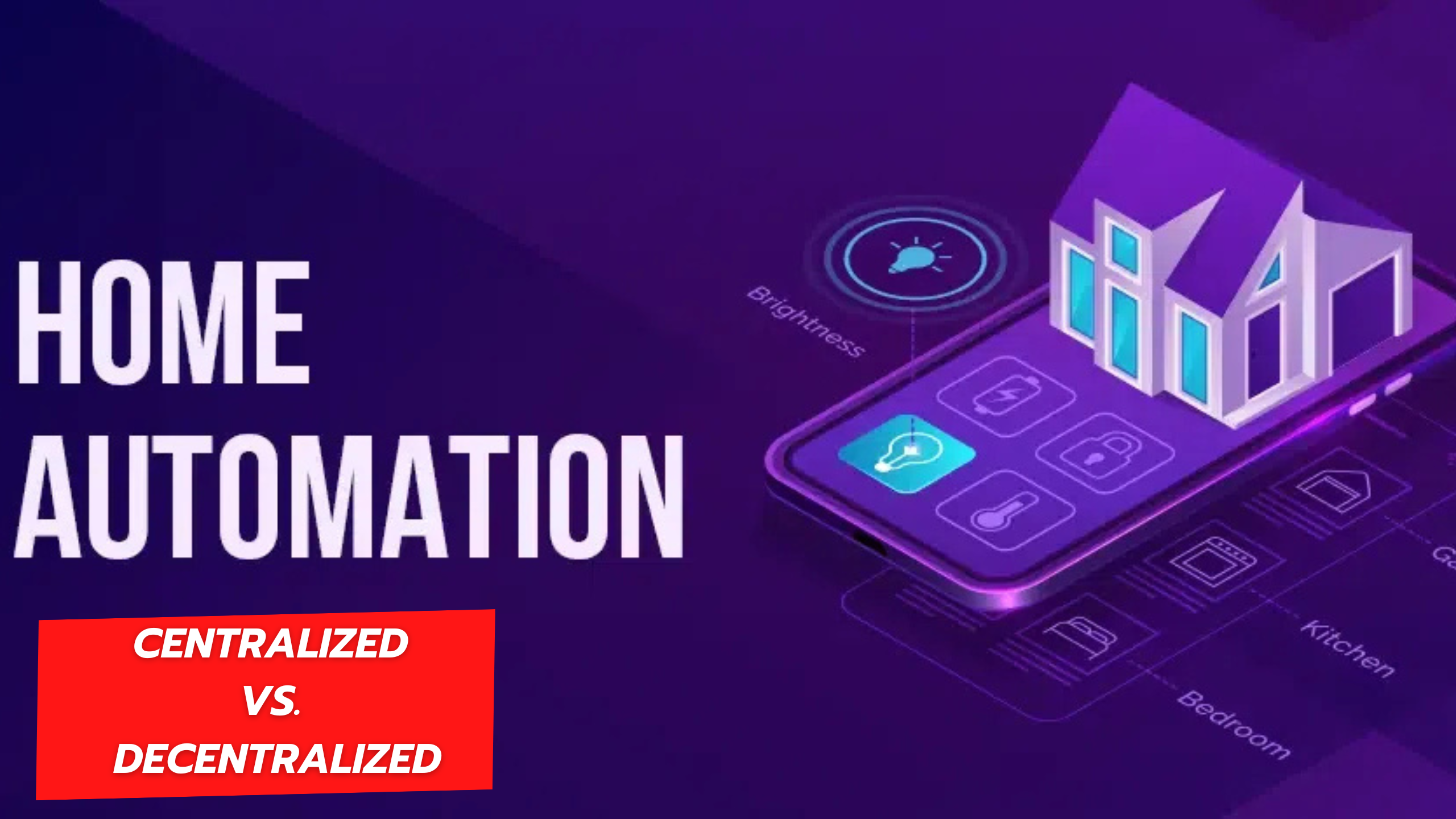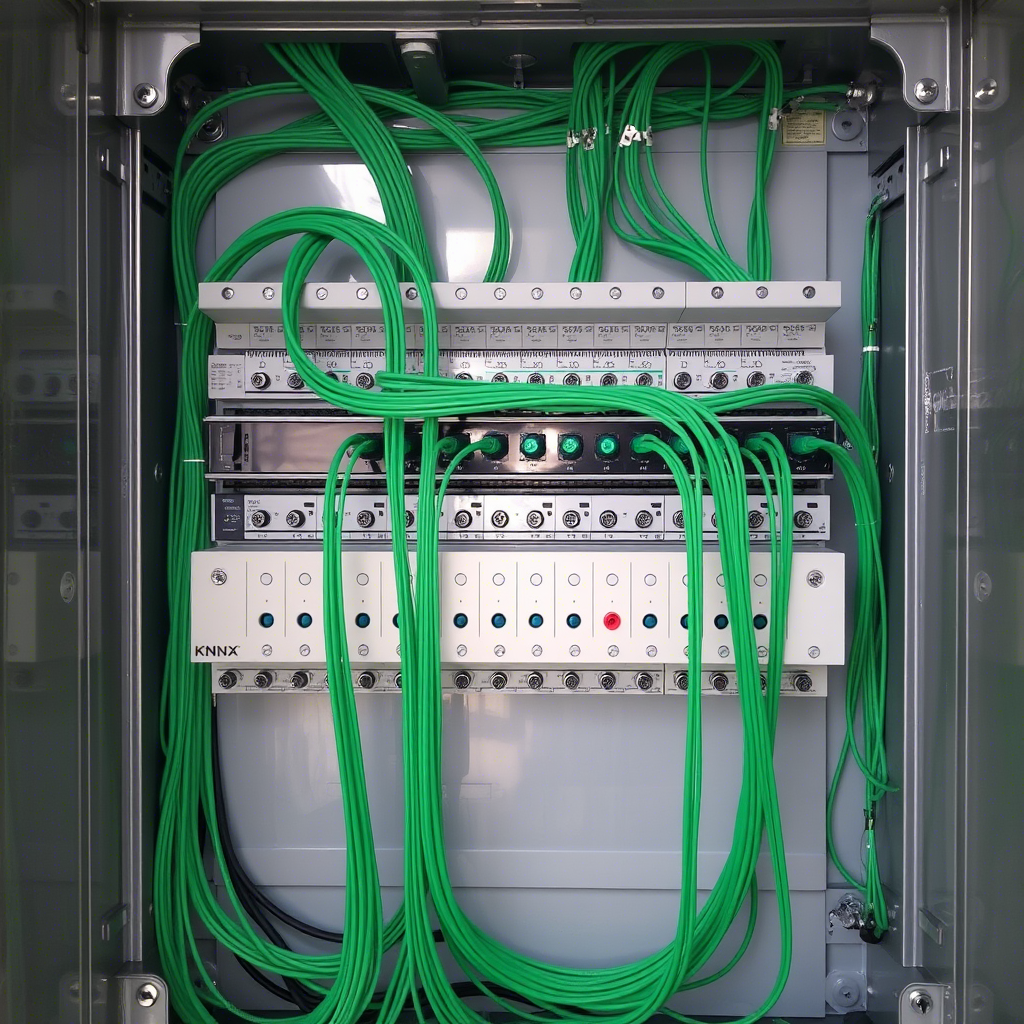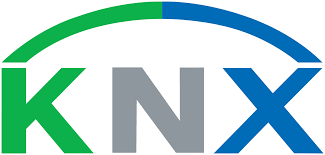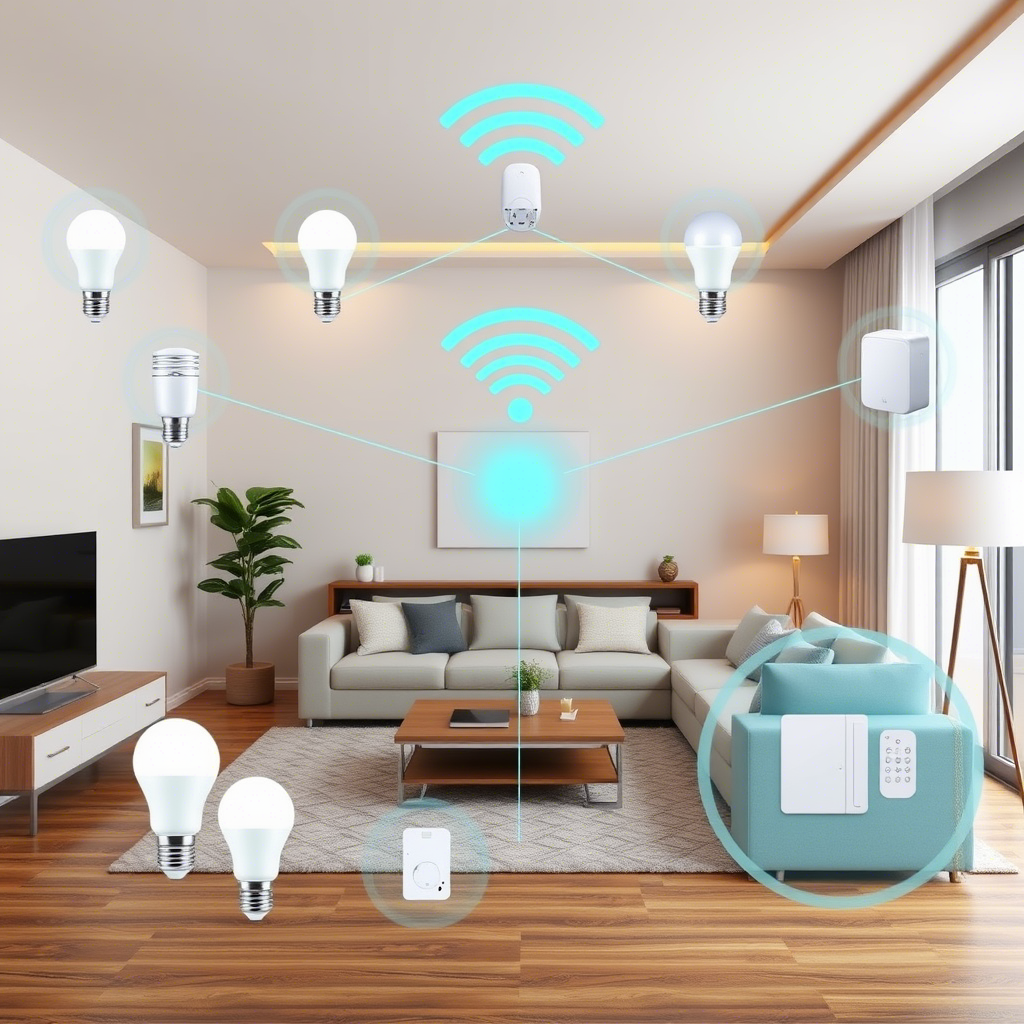Call us 9:00am - 6:00pm
+91 44 4214 4029
Monday to Friday
9:00am - 6:00pm
E-mail us
info@drasisautomation.com

Get in touch
Fill in the contact form or call us for a free consultation if you are looking for experienced and budget-friendly home automation system distributors in India.





